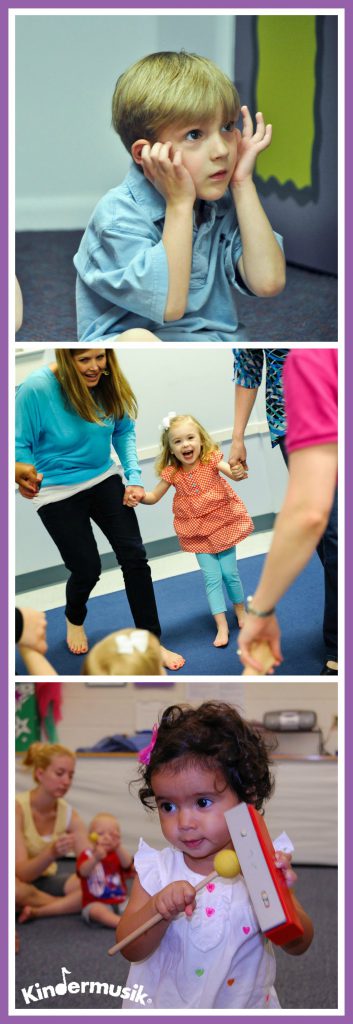Researchers continue to find more and more connections between music training and cognitive function. In a recent study, scientists determined that music training in the early years prevented the decline of speech listening comprehension, or speech recognition, in the later years of life.
What may seem like a hearing problem in older adults may actually be a decline in the brain’s ability to parse, sequence, and identify sounds. However, the Bidelman study found that older adults who had at least 10 years of musical training as children did not experience the same declines as older adults who had not had musical training.
 “The latest findings add to mounting evidence that musical training not only gives young developing brains a cognitive boost, but those neural enhancements extend across the lifespan into old age when the brain needs it most to counteract cognitive decline.”
“The latest findings add to mounting evidence that musical training not only gives young developing brains a cognitive boost, but those neural enhancements extend across the lifespan into old age when the brain needs it most to counteract cognitive decline.”
We couldn’t agree more. In Kindermusik, we start musical “training” with children as young as newborns and continue through age 7, after which Kindermusik graduates are more than ready and excited to take the next step into success with traditional music lessons. Our early childhood music training in Kindermusik takes the form of happy singing, creative movement, listening, instrument play and exploration, and fun activities that teach foundational music concepts and skills.
You wouldn’t dream of letting your child ride a bike unprotected and without a helmet. So don’t forget another kind of protection… the lifelong protection of your child’s cognitive functioning that can come from music training, especially in the early years. We promise, they won’t fuss about putting on their music “helmet,” especially not with Kindermusik!
3 Favorite Musical Activities that Support Cognitive Development
 Focused Listening
Focused Listening
Whenever your child’s attention is focused in on one sound, he or she learns to compare the differences between sounds and how they are produced. And unlike the physical act of hearing, listening is an intellectual and emotional process that involves listening “between the lines” to understand what is NOT said as well as what IS said. What better time to get started listening to music than at the very youngest ages, during those critical early years when the brain is developing the most rapidly!
Movement
Movement is the key to learning! A young child’s brain NEEDS movement in order to develop fully. Crawling, rolling, walking, skipping, swinging, jumping… When you observe and encourage your child to move in lots of different ways, you are helping to ensure your child’s healthy brain development. That’s because our brains fully develop through all kinds of movement activities – the more variety, the better the capacity for learning.
Instrument Exploration & Play
Exploring instruments may seem like just fun and games, but it is actually a very crucial part of early learning. For example, when children are given an egg shaker to explore, they will likely use several of the five senses because the senses are their basis of discovery. This kind of sensory learning develops long-lasting cognitive skills… AND if you add in an egg shaker play-along, also develops a wonderful sense of rhythm and steady beat!
Learn more about more of the wonderful benefits of early music training.
Contributed by Theresa Case whose award-winning Kindermusik program is located at Piano Central Studios in beautiful upstate South Carolina.